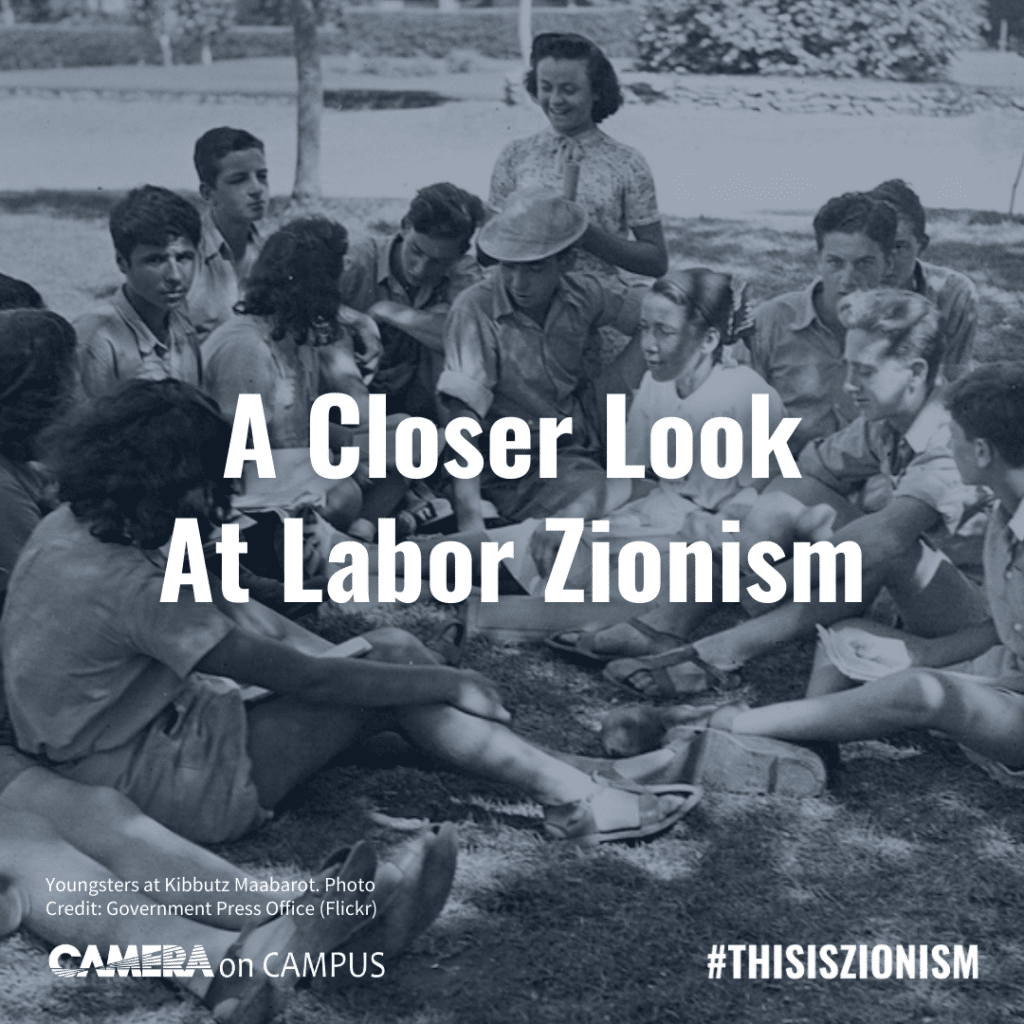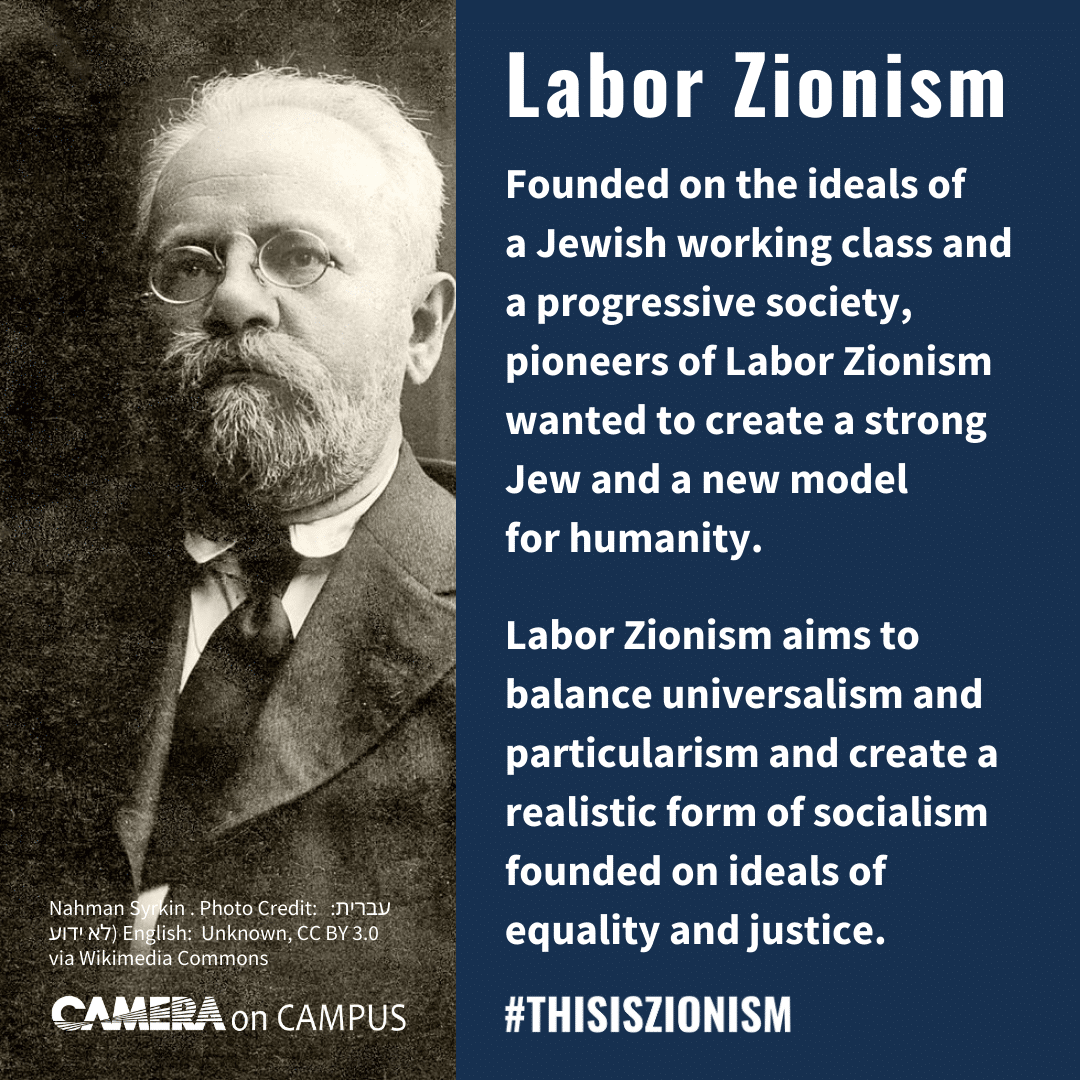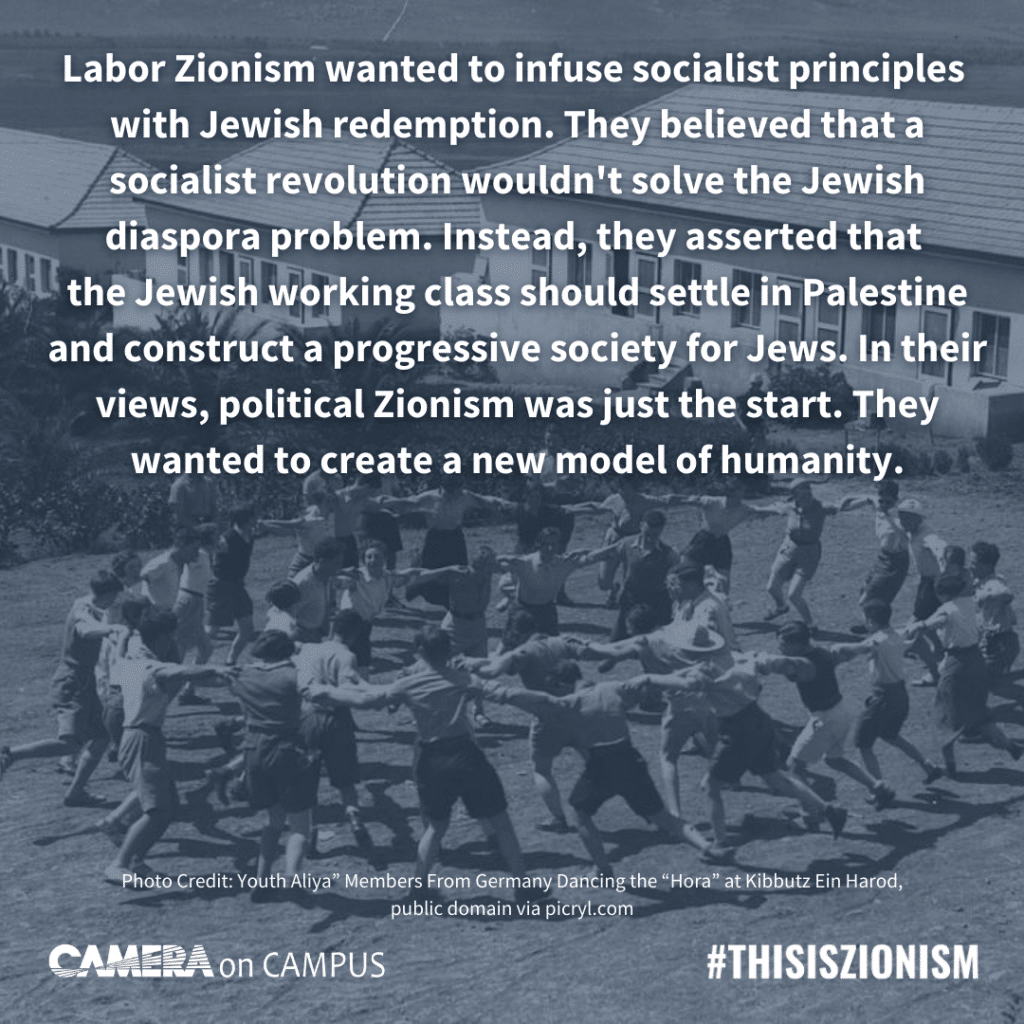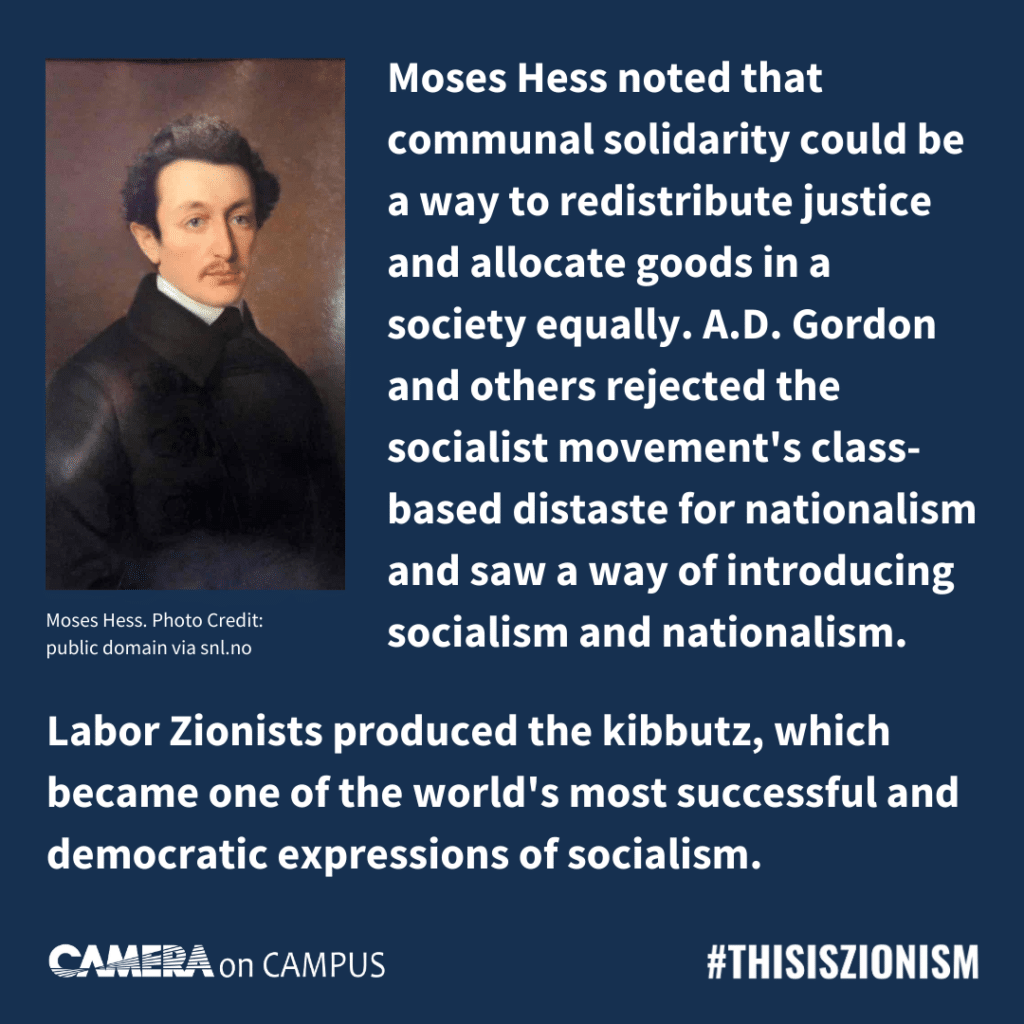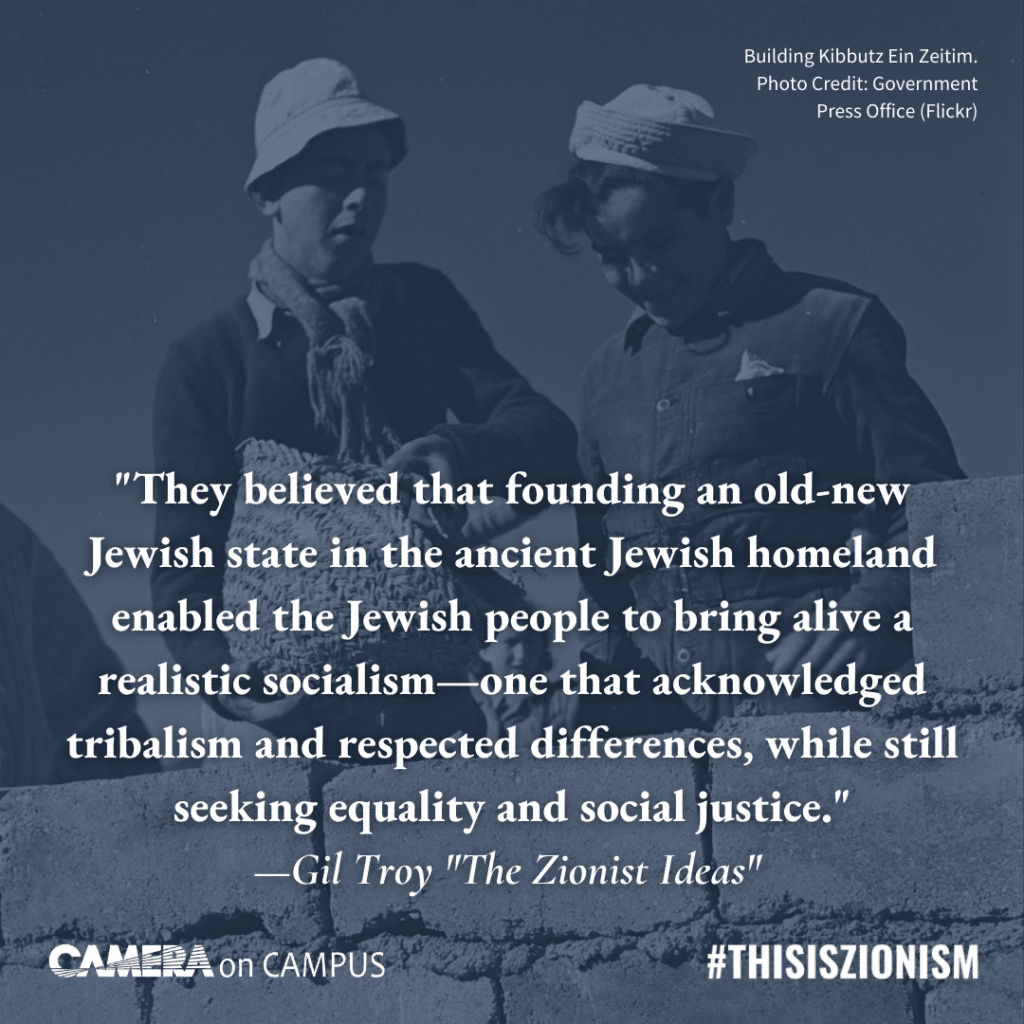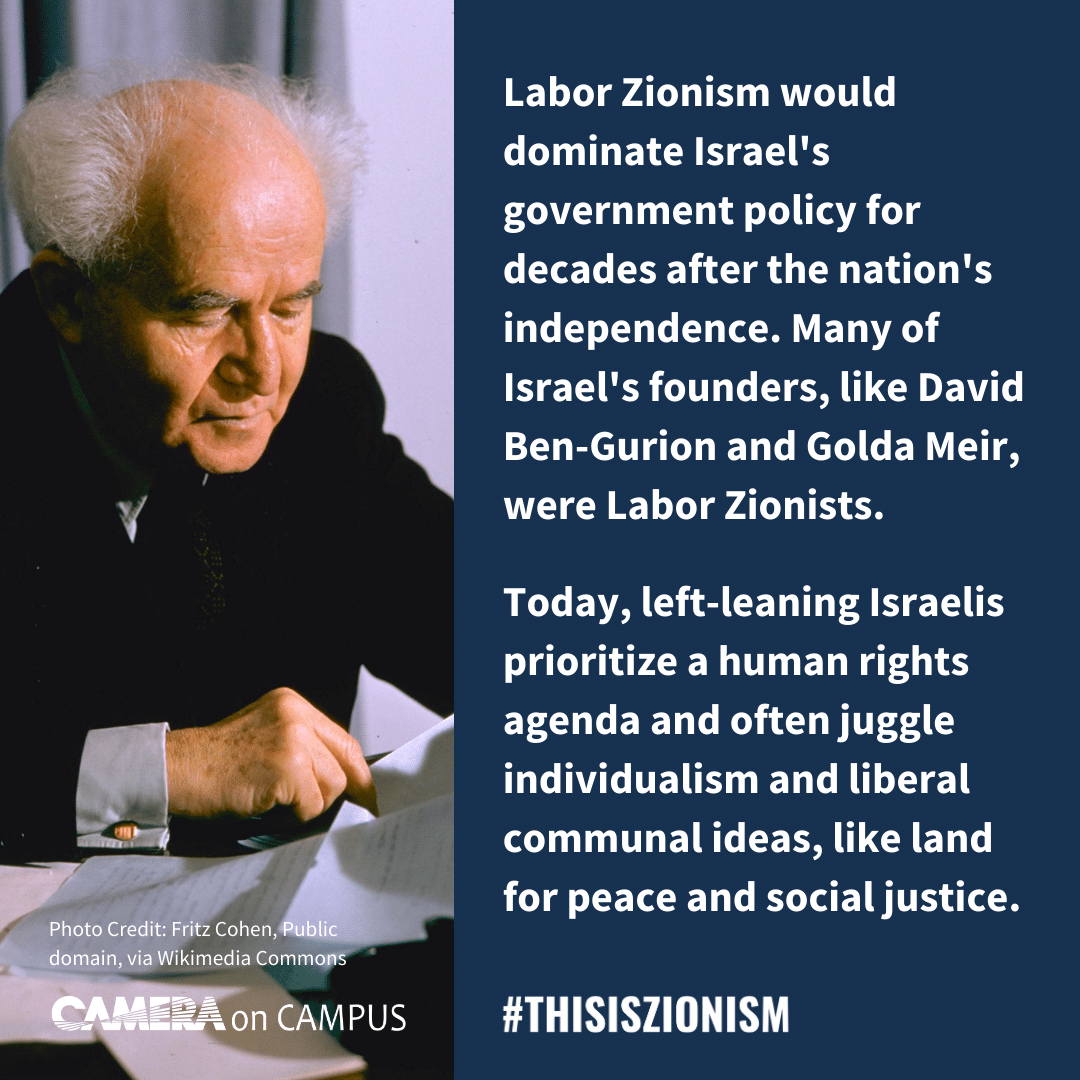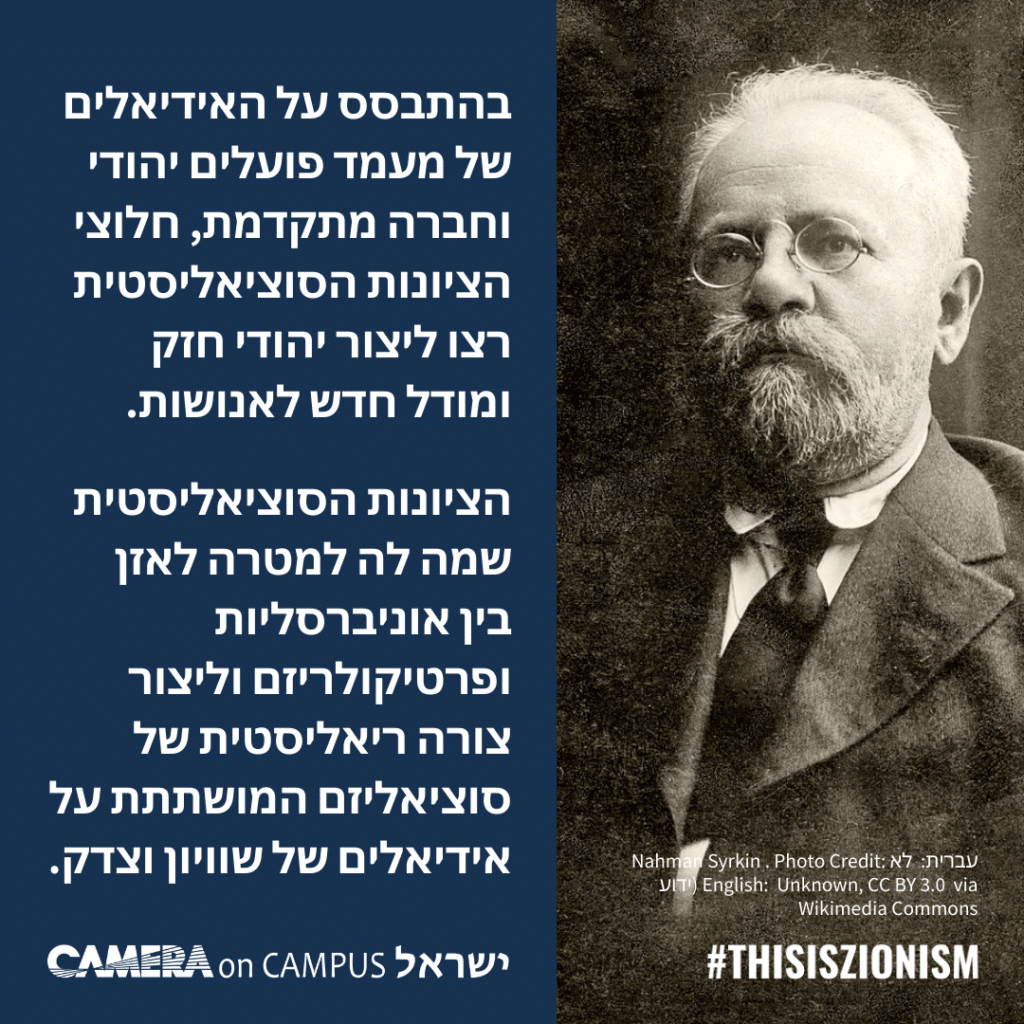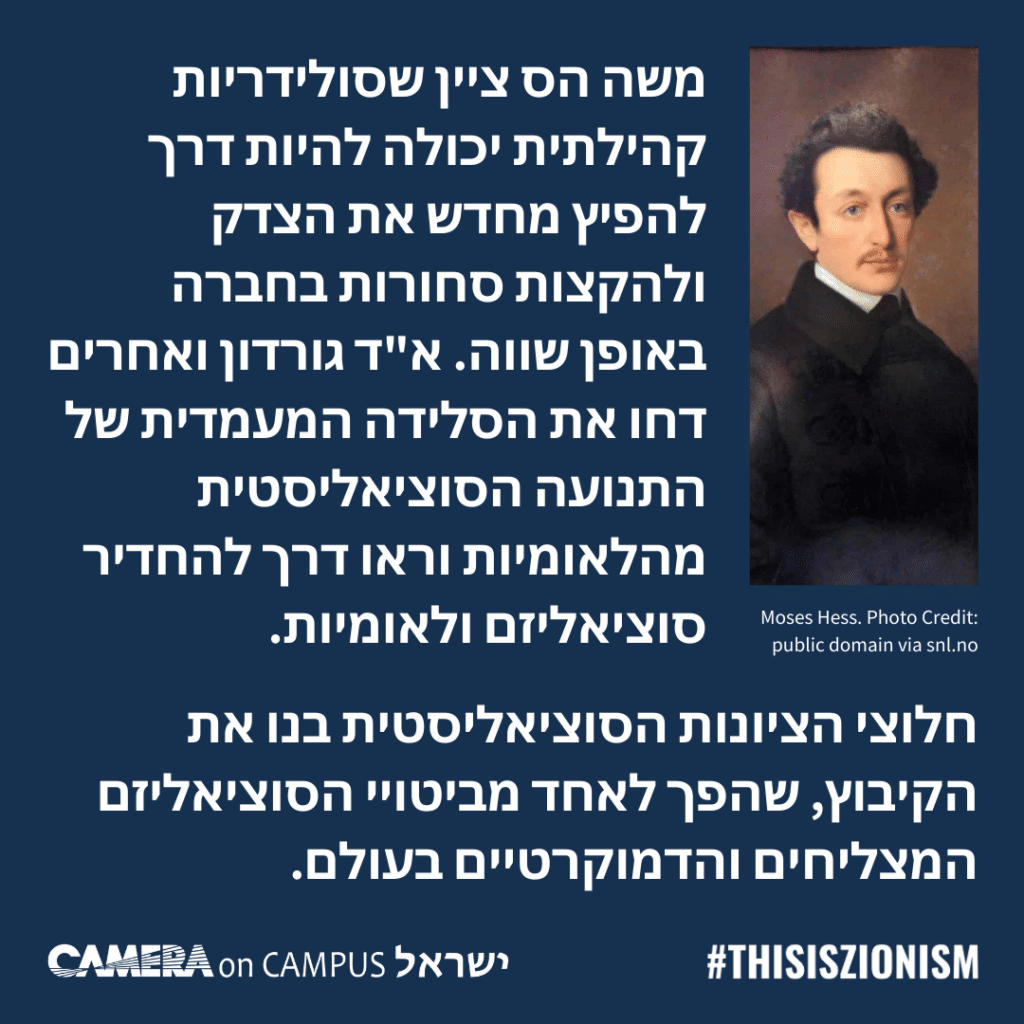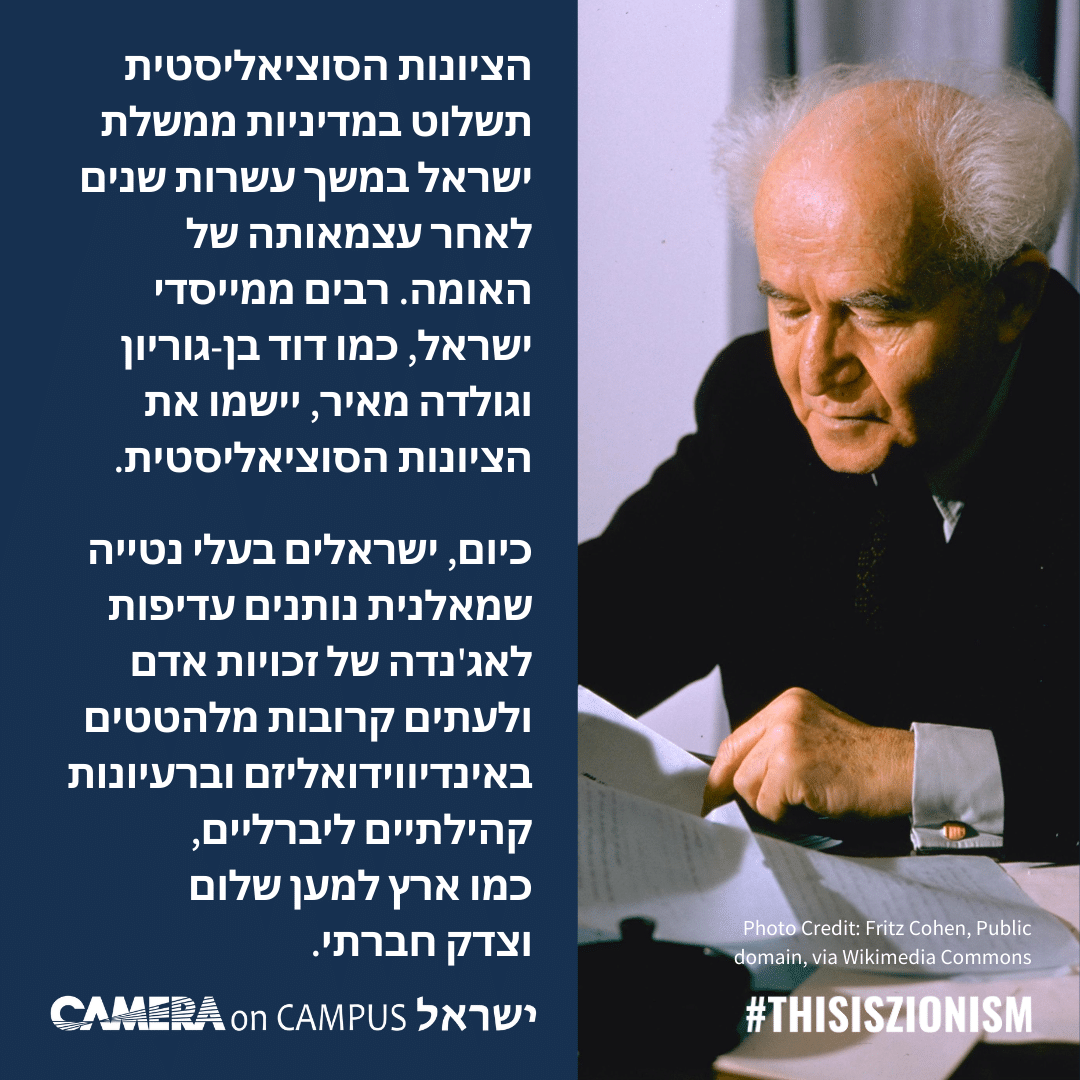Labor Zionism
Founded on the ideals of a Jewish working class and a progressive society, pioneers of Labor Zionism wanted to create a strong Jew and a new model for humanity. Labor Zionism aims to balance universalism and particularism and create a realistic form of socialism founded on ideals of equality and justice.
Labor Zionism wanted to infuse socialist principles with Jewish redemption. Its adherents believed that a socialist revolution wouldn’t solve the Jewish diaspora problem. Instead, they asserted that the Jewish working class should settle in Palestine and construct a progressive society for Jews. In their views, political Zionism was just the start; they wanted to create a new model of humanity.
Moses Hess noted that communal solidarity could be a way to redistribute justice and allocate goods in a society equally. A.D. Gordon and others rejected the socialist movement’s class-based distaste for nationalism and saw a way of introducing socialism and nationalism.
Labor Zionists produced the kibbutz, which became one of the world’s most successful and democratic expressions of socialism.
They believed that founding an old-new Jewish state in the ancient Jewish homeland enabled the Jewish people to bring alive a realistic socialism — one that acknowledged tribalism and respected differences, while still seeking equality and social justice.
—Gil Troy, “The Zionist Ideas: Visions for the Jewish Homeland—Then, Now, Tomorrow”
Labor Zionism would dominate Israel’s government policy for decades after the nation’s independence. Many of Israel’s founders, like David Ben-Gurion and Golda Meir, were Labor Zionists. Today, left-leaning Israelis prioritize a human rights agenda and often juggle individualism and liberal communal ideas, like land for peace and social justice.

